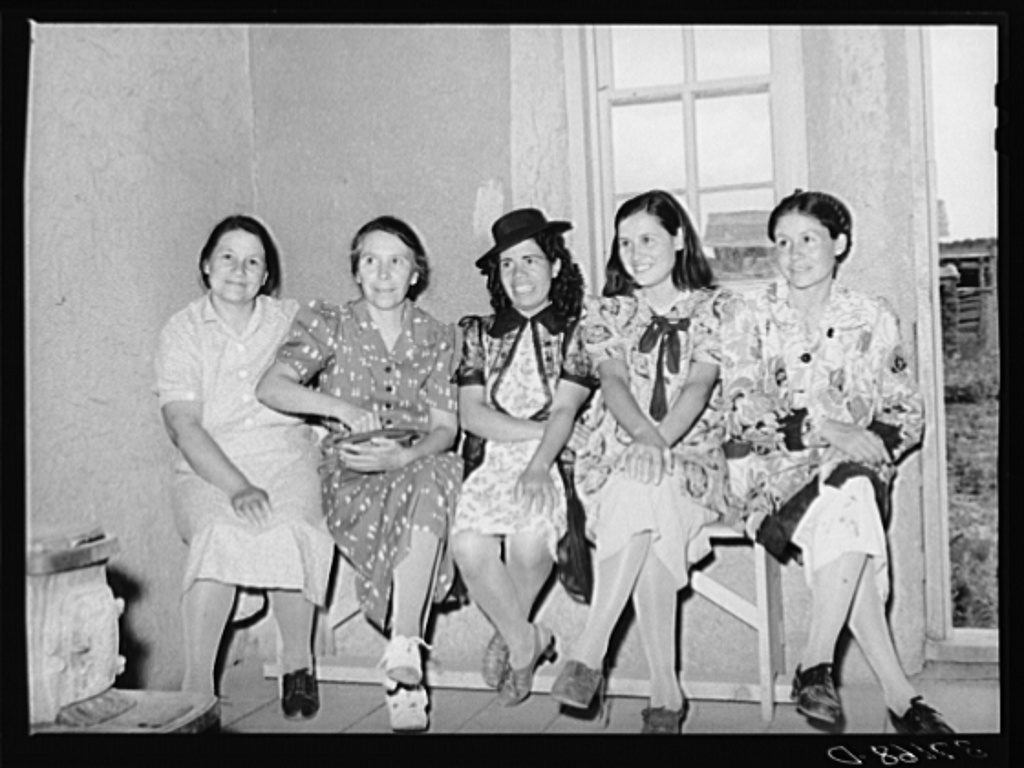I was born too late in a land that no longer belongs to me….They belong to a pilgrim who arrived here only yesterday whose racist tongue says to me: I hate Meskins. You’re a Meskin. Why don’t you go back to where you came from?…I was born too late or perhaps I was born to soon: It is not yet my time: this is not yet my home. I must wait for the conquering barbarian to learn the Spanish world for love.
In 1975, Chicana poet Angela De Hoyos wrote these words, asking herself in the midst of the Chicana/o Movement and Civil Rights Movement about her place in time. Was she born too late or was she born too soon? In her hometown of San Antonio, Texas, home to Spanish missions founded in the 18th century, most famously the Alamo, she didn’t feel at home. In fact, she was told that she was not home, that she needed to return, to go back to where she had come from. Lost between time and space, she hoped and ached for a moment when displacement and discord might be mitigated by the bonds of affection. De Hoyos was left waiting for the day that code-switching could transform conquerors and conquered, leaving only words of love.
Is today that day?
Seemingly. June 12, 2017 marks the 50th anniversary of Loving v. Virginia, the Supreme Court case that found antimiscegenation laws unconstitutional.


